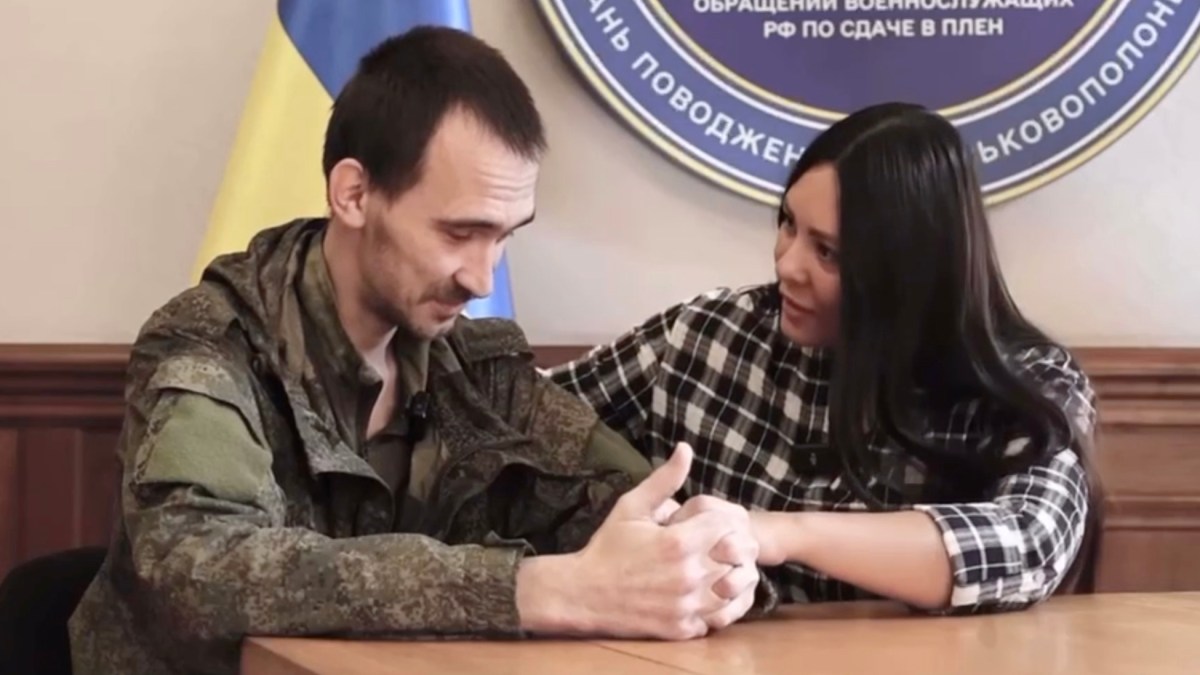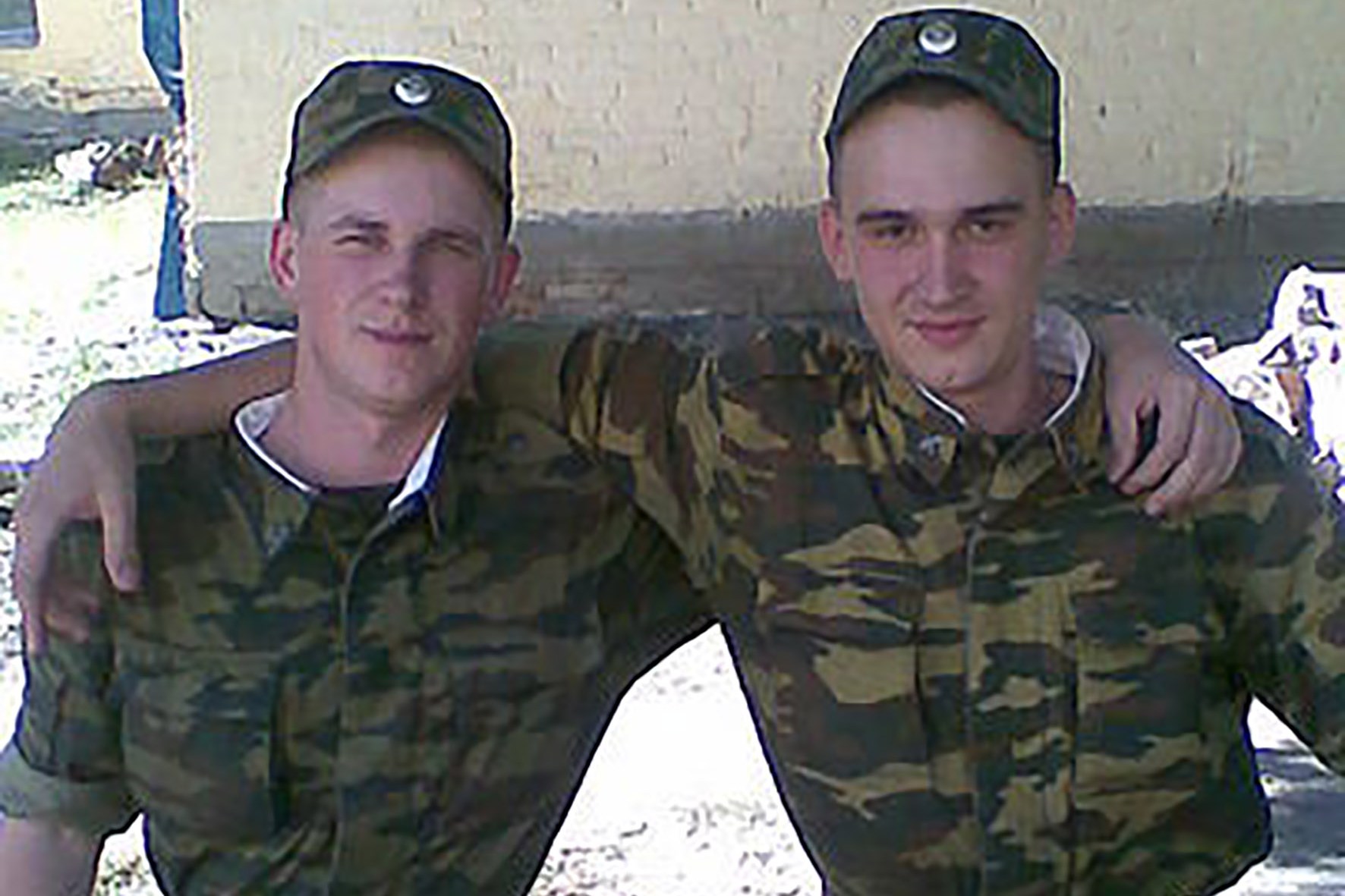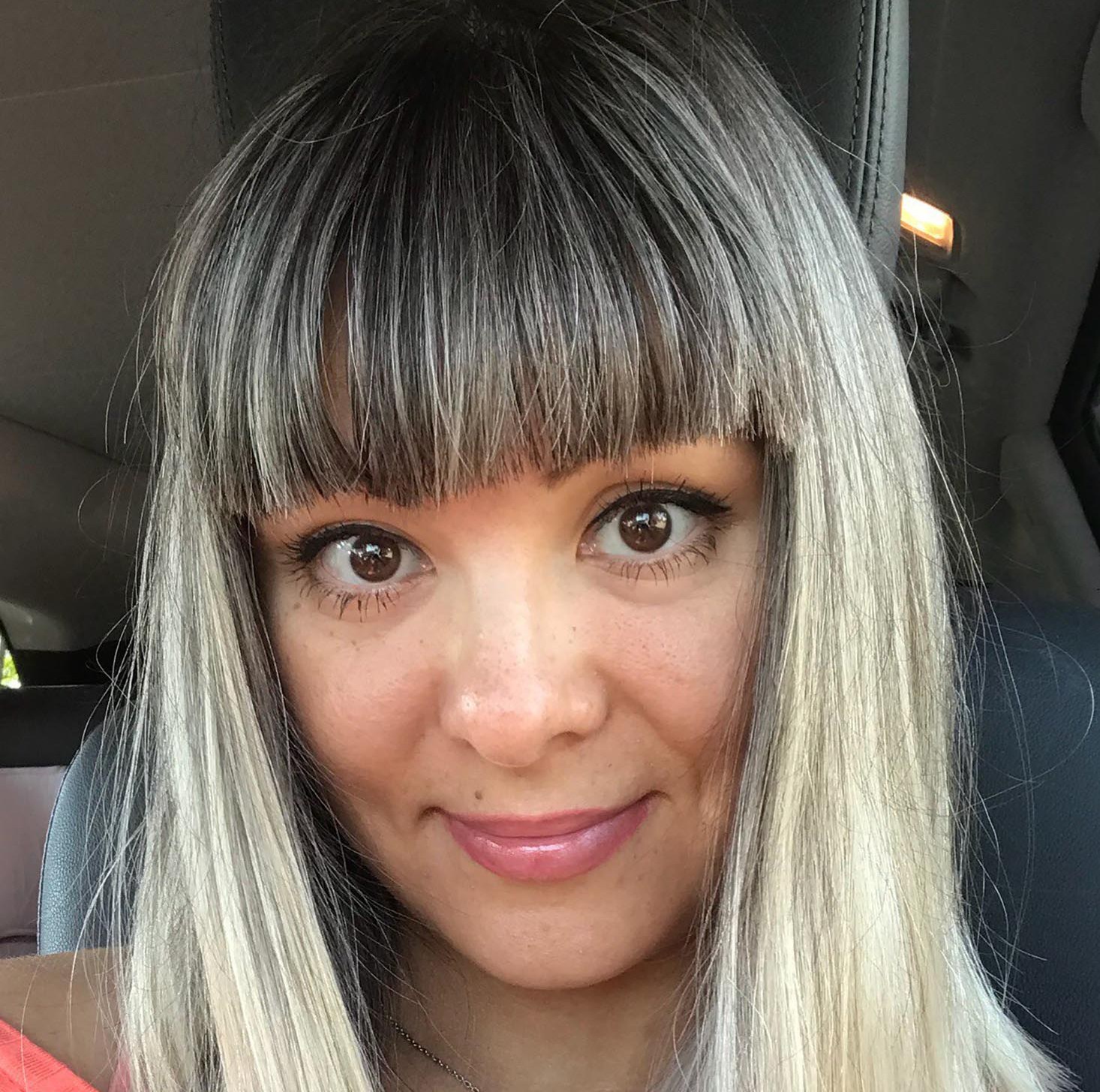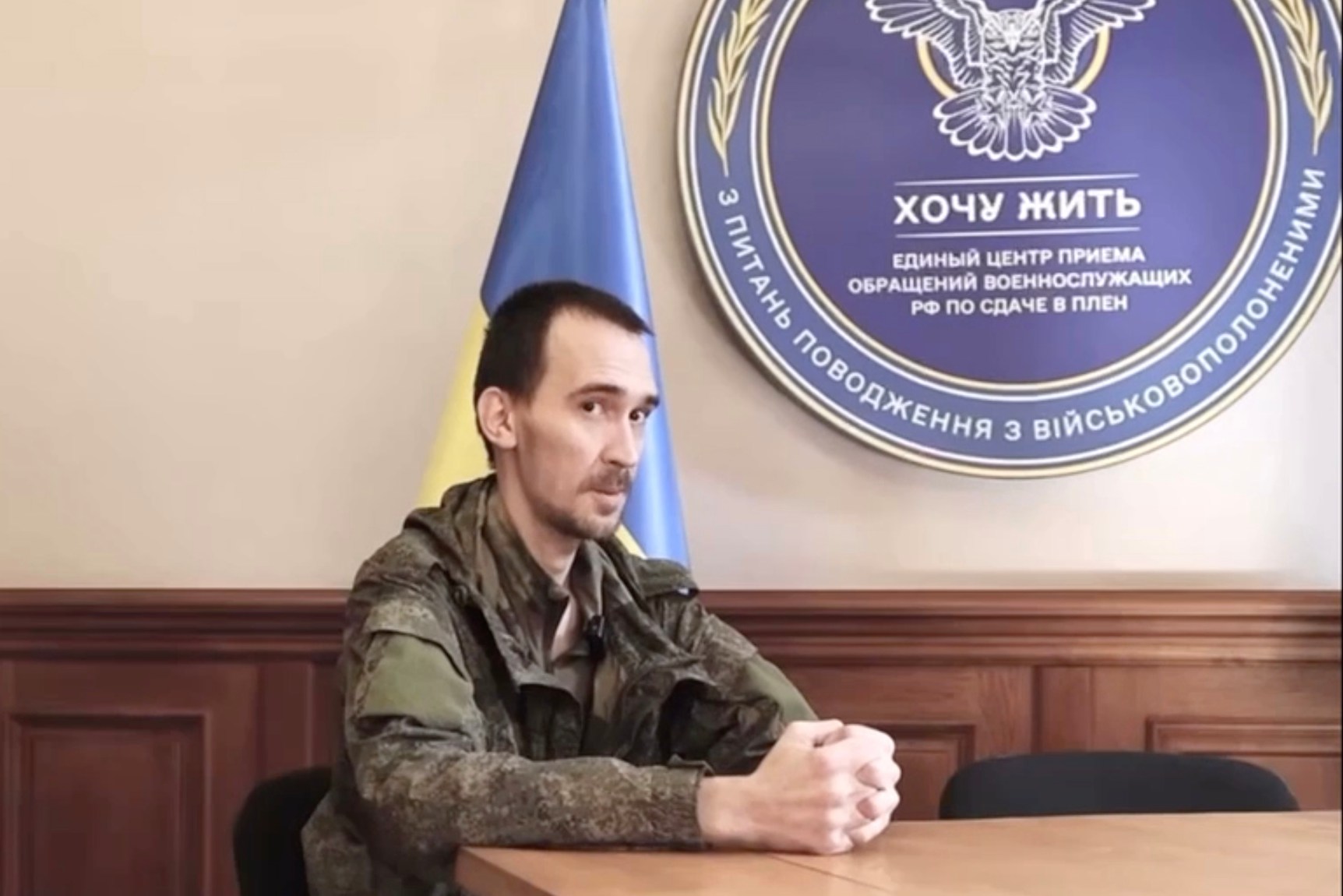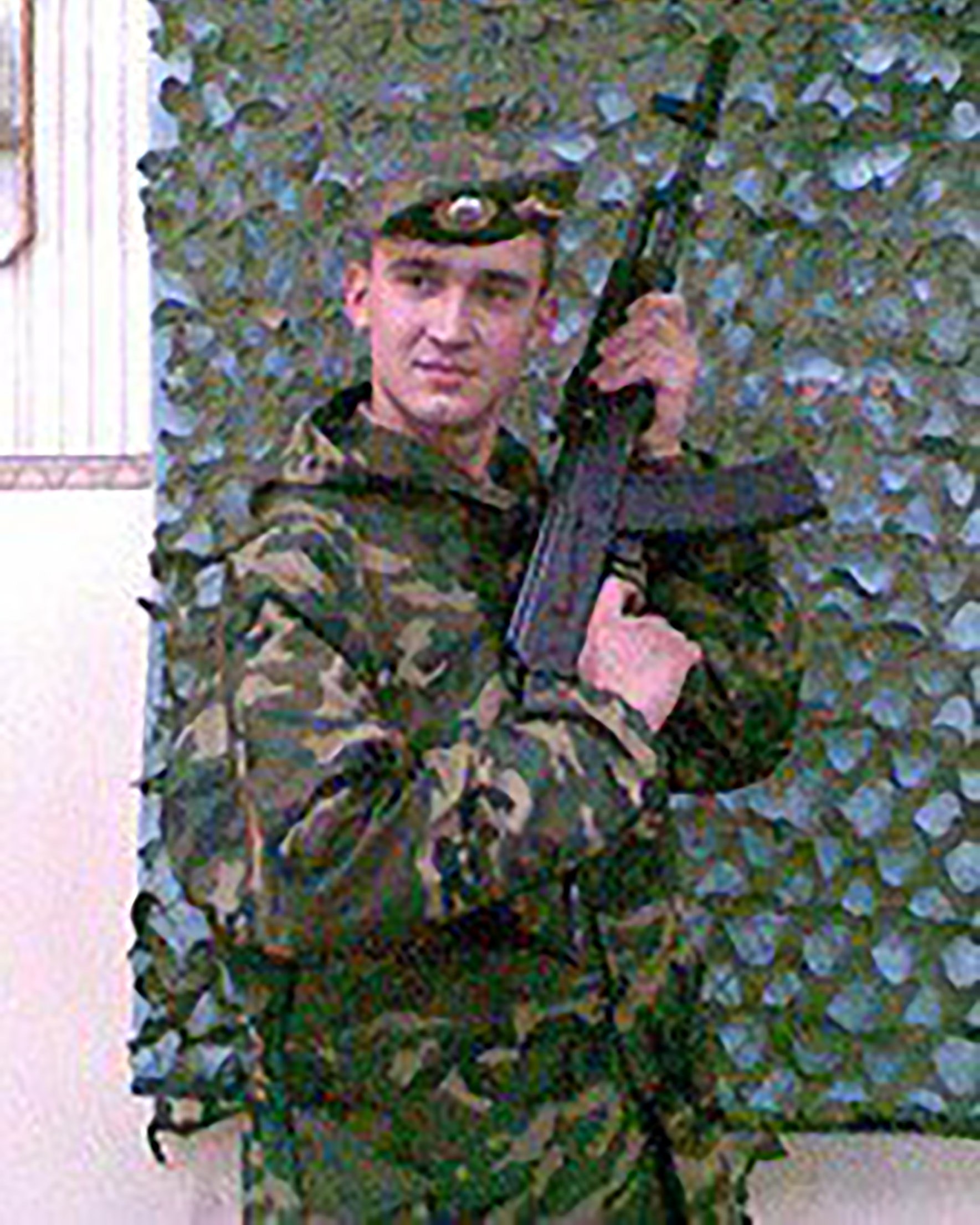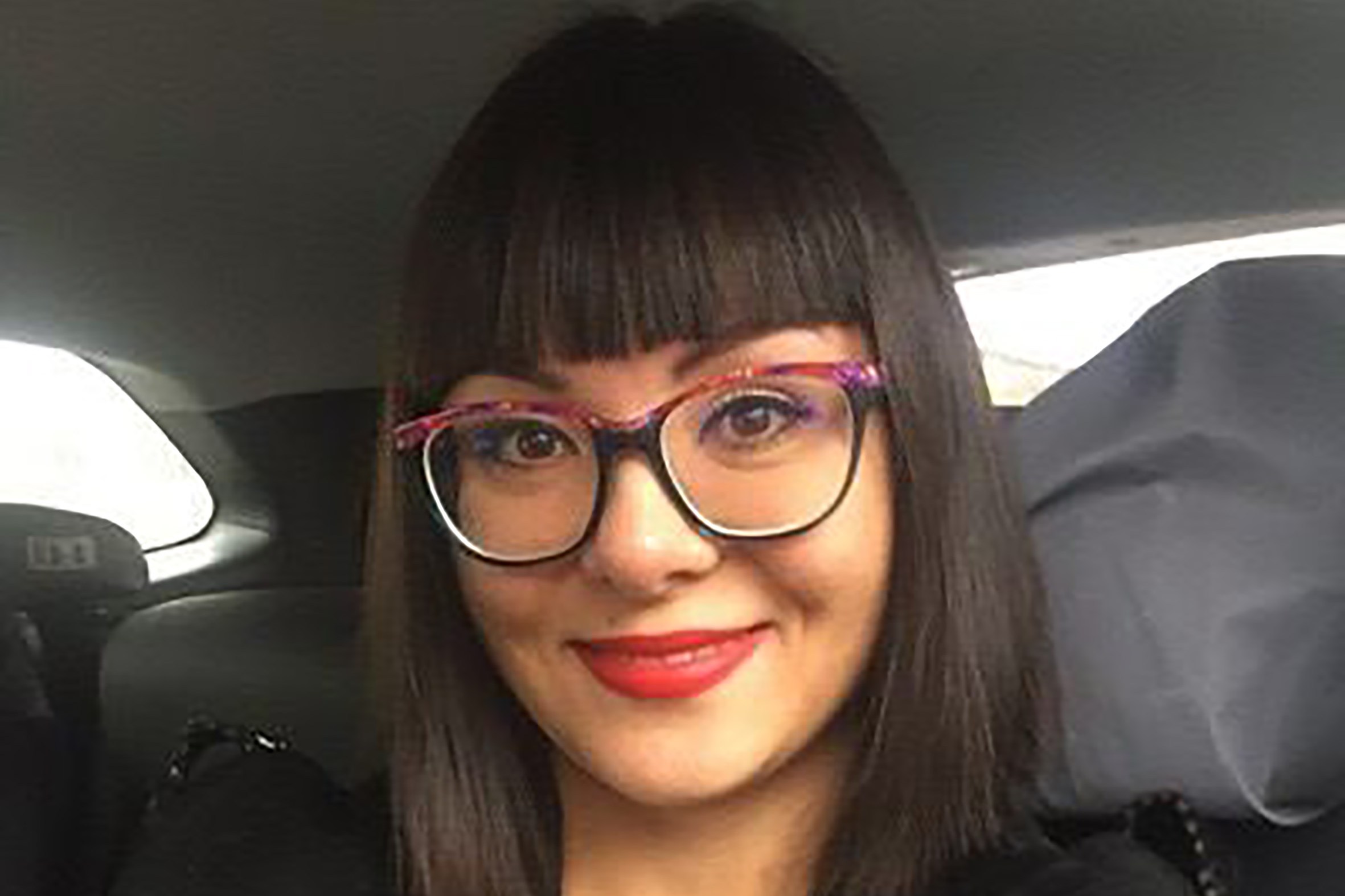Irina Krynina had been in a relationship with her new boyfriend for only a few months when she learnt that he was being sent by the Kremlin to fight in Ukraine.
After Yevgeny Kovtkov was taken captive in the Donetsk region in 2023, Krynina, an accountant in Siberia, learnt that Kyiv was offering to release Russian soldiers who were not suspected of war crimes if their female partners travelled to Ukraine to claim them.
The prisoners of war could either return home with their wives or girlfriends, join a Ukrainian military unit made up of Russian citizens and fight against Moscow, or be given asylum in Ukraine or a third country.
Krynina, 38, did not hesitate. She abandoned everything in Russia and, along with her two children, travelled thousands of miles to Ukraine via Turkey, telling no one in her home city of Krasnoyarsk of her plans. It was her first time in Ukraine.
“I said to myself and to the Ukrainians that I was coming with my two kids, but that I would not be returning to Russia,” Krynina told The Times in Kyiv. “Not everyone could leave everything behind like that. I left my flat and my car and started life again from scratch.”
But there was one problem: Kovtkov, now 36, rejected Kyiv’s offer. “What the f*** [did you come] for?” he said, when Krynina was allowed to meet him for the first time. Their meeting was filmed and published by a Ukrainian journalist.
Kovtkov appeared stunned that Krynina had travelled to Ukraine to rescue him, staring blankly into space as she gripped his hand and told him that he had lost weight. He would, he said, wait for a prisoner exchange so he could return home.
Kovtkov, right, was captured in 2023
EAST2WEST
Going back was not an option for Krynina, however. She had made a series of public statements condemning the war, and would probably have faced arrest as soon as she arrived in Russia.
“I dropped everything and came to Ukraine for him, but he reacted like this. When I came into the room where we met, the first thing he did was turn away from me,” Krynina said. She said she needed psychological help to get over the blow.
Krynina is against the war
EAST2WEST
Krynina was the only Russian woman to take Kyiv up on its offer to rescue their husbands or partners from captivity. The project is believed to have been closed due to lack of interest. She is now under the protection of the Ukrainian state and has co-founded a Kyiv-based organisation called Our Exit that helps Russians find relatives who have been taken prisoner by Ukraine.
She also records interviews with Russian PoWs for her YouTube channel and continues to take food parcels to Kovtkov, who remains in captivity. “He hasn’t changed his mind about going home,” she said.
Kovtkov remains in captivity
EAST2WEST
Ukraine has not disclosed how many Russian soldiers it has taken prisoner, although Putin said in June that there were more than 1,300 Russian servicemen in Ukrainian PoW camps.
Kyiv has opened a hotline for Russian troops who want to surrender called “I Want to Live”. Last week the first Russian soldier accused of voluntarily surrendering to Ukraine was jailed for 15 years after arriving home in a prisoner exchange.
Although Krynina admits that she was uninterested in politics in Russia, she insists she was opposed to the war from day one and tried to persuade Kovtkov to flee the draft. “I cried and got hysterical and tried to convince him to change his mind. But he said things like ‘I’m not a rat, why wouldn’t I go?’”
The reactions of her friends and family in Russian varied widely. “Some called me a traitor, some supported me, and some took a neutral position,” she said. “But I know I’ll go home one day, after Putin has gone.”
Before Krynina was granted asylum in Ukraine, the security services gave her a lie-detector test to determine whether she was a Kremlin agent. The procedure is standard for Russians who want to defect.
“I said that I had never voted for Putin, and it said I was lying,” she laughed. “So I started to think when I could have voted for him. I think it must have been in 2000, right at the start [of his rule]. But honestly, I don’t remember. I used to vote for anyone but him.”
The father of Krynina’s daughters is still in Russia but she said her children were adapting well to their new life in Kyiv, despite the danger of Russian missile attacks.
Krynina decided to stay in Ukraine and help PoWs
EAST2WEST
“I’m not afraid of drones, I fall asleep to [the sound] of them, but I’m afraid of missiles,” she said. “Once one landed 300 metres from our flat. It was like a mini-earthquake.” Neither she nor her children were injured.
Although the wives and mothers of some Russian women who have been mobilised for the invasion of Ukraine have held protests demanding their return, they have yet to coalesce into a significant antiwar movement. Krynina says, though, that anger against Putin and the war is growing and the women are slowly becoming more radical.
“It hasn’t reached the boiling point. But I think that if it continues like this, it will do,” she said. “Then we will see thousands of women on the streets. But so far we just see small groups [of protesters] and they are easily intimidated.”
